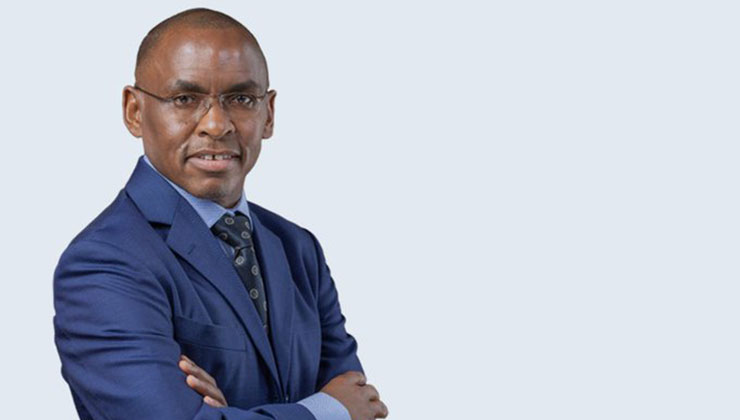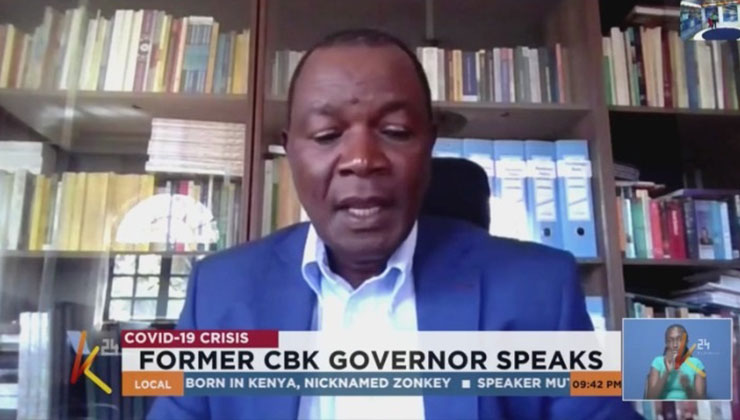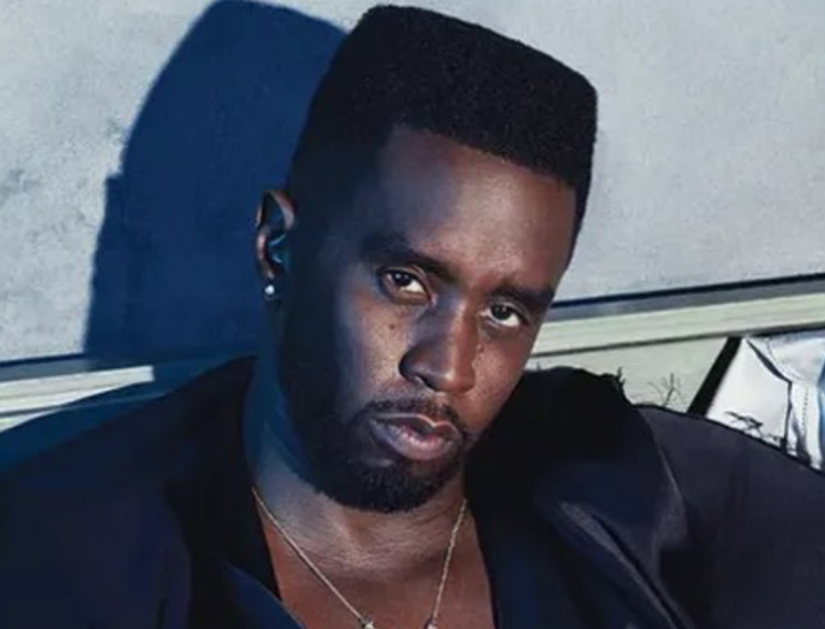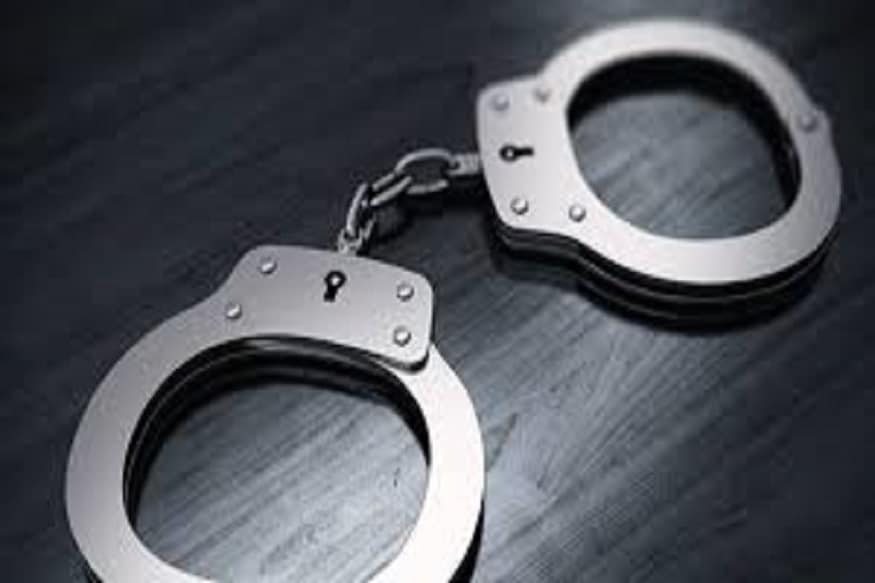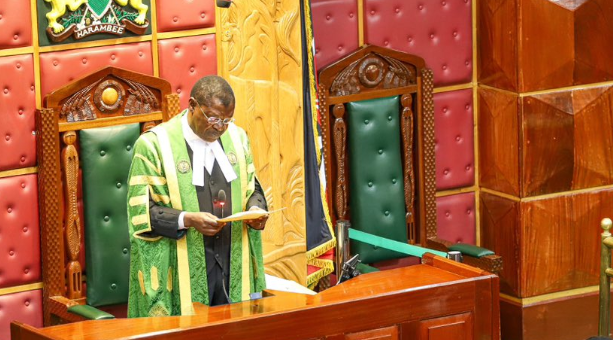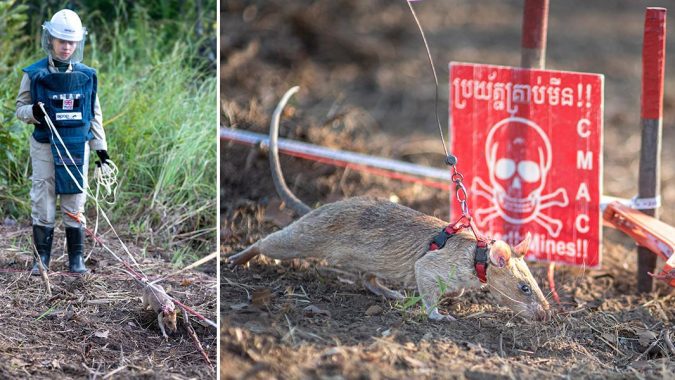Good life for heroes still a way off as council yet to be formed: VIDEO
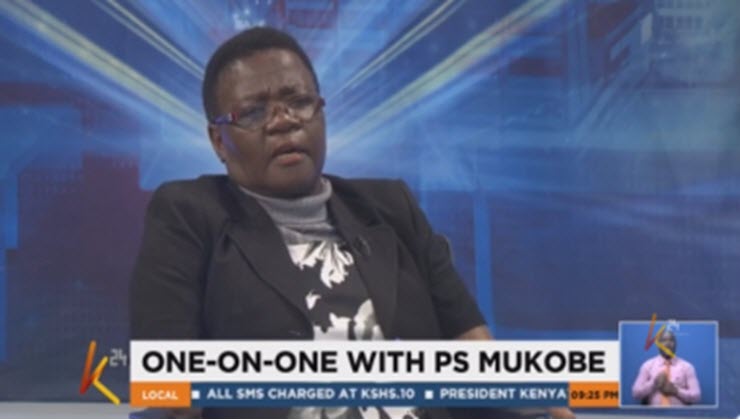
Five years after the Kenya Heroes Act, 2014, was assented into law on April 2019, 2014, the National Heroes Council it envisaged is yet to be formed.
Speaking when she appeared on K24’s Punchline show on Sunday, Heritage Principal Secretary Josephta Mukobe was at pains to explain the long delay.
PS Mukobe blamed scarcity of financial resources for the failure to implement the law that provides a framework for the identification, selection and recognition of heroes.
But the PS said her docket was allocated Sh45 million in the 2019/2020 financial budget to set up the 13-member heroes’ council.
“You cannot say the Government is slow and doesn’t want to put in the council into operation,” said Ms Mukobe, adding that once the council members have been chosen, they will request for additional allocation to cater for heroes’ needs.
Pressed to give the ministry’s timeline or plan for when the council will be formed, Ms Mukobe remained coy saying that several stakeholders have to be consulted first.
As it stands, the selection of heroes is done by two entities, one residing at the Sports, Heritage and Culture ministry and the other, in the Cabinet which selects heroes for national awards.
Ms Mukobe was also at pains to explain just why two entities are involved in the selection of heroes under two laws, Kenya Heroes Act, 2014 and the National Honours Act, 2013.
Under the Kenya Heroes Act, Kenya’s heroes are granted entitlements such as access to quality medical care, affordable housing, access to clean and safe water, financial assistance and jobs for their dependants as well as access to food.
During the burial of Kenya’s Olympic legend, Robert Gwaro Ouko in September 2019, the role of the heroes’ council was questioned and rekindled.
He died a neglected hero who found it much harder to seek medical assistance from the government than to get Kenya back to medal contention in the 1972 Munich Olympic Games where he won gold as a member of the 4x400m relay team.

